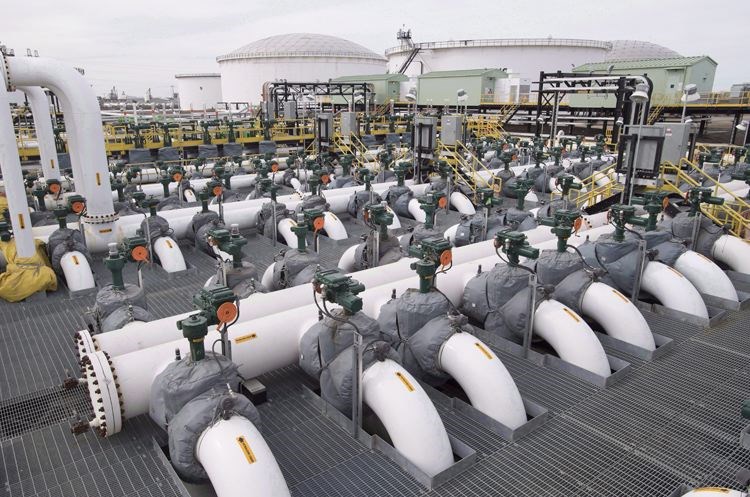A last-minute appeal by Stand.Earth to the National Energy Board (NEB) to consider upstream and downstream greenhouse gas emissions associated with the expansion of the Trans Mountain pipeline has been dismissed, and a final report by the NEB on the project's reconsideration will be made public Friday.
The $7.4 billion expansion (which will almost certainly cost more than that, thanks to delays) was halted last year by the Federal Court of Appeal.
It ruled that the NEB failed to properly consider the impacts of increased oil tanker traffic on the marine environment - specifically on the Southern Resident Killer Whale.
It also ruled that federal officials failed in their duty to properly consult First Nations.
The court ruling forced the NEB to reconsider the issue of marine impacts. That work is now done and a final report will be submitted to the federal government Friday.
How far along the federal government's work on the First Nations consultation issue is anyone's guess.
As part of its reconsideration, the NEB held new hearings, which focused specifically on the issue identified by the court: marine impacts.
It was given a tight deadline for the reconsideration, and a narrow focus. It was not to open the project's review to a full do-over, but would focus on the issue identified with the court.
The NEB issued a hearing order on October 12, 2018. On Jan. 21, just one month before the NEB's final reconsideration report was to be finished, Stand.Earth filed an application for the NEB to consider the upstream and downstream greenhouse gas emissions that might result from the project's expansion.
That loophole was opened by the Trudeau government, when it decided that the NEB would have to consider the upstream emissions related to the proposed Energy East pipeline project.
That additional requirement has been blamed by some, at least in part, for TransCanada Corp. pulling the plug on the Energy East pipeline project, although the resurrection of TransCanada's Keystone XL pipeline project was also likely a big factor.
In June 2018, the Trudeau government announced Canada would buy the beleaguered Trans Mountain pipeline and expansion project for $4.5 billion.
In August, literally minutes after Kinder Morgan Canada shareholders approved the sale, the Federal Court of Appeal quashed the order in council that had approved the expansion, sending the NEB back to hearings and Ottawa back to the First Nations negotiations table.
In its ruling Tuesday, the NEB rejected Stand.Earth's application to have the NEB consider upstream emissions. The NEB's panel ruled that Stand.Earth's application was not only late in coming, but outside the narrow scope of its reconsideration.
As the NEB pointed out, the request that upstream emissions be considered as part of the original hearings had already been rejected by the NEB previously as out- of scope, and when that decision was appealed, the Federal Court of Appeal rejected the application, upholding the NEB decision.
As for the Trudeau government's inclusion of upstream emissions as part of the NEB's scope for the Energy East pipeline project, the NEB ruled Monday that "Energy East decisions were specific to that project" and not part of its mandate for reviewing the Trans Mountain expansion.
Whatever the NEB ends up recommending in its final report Friday, it still remains to be seen what will happen with federal negotiations with First Nations.



